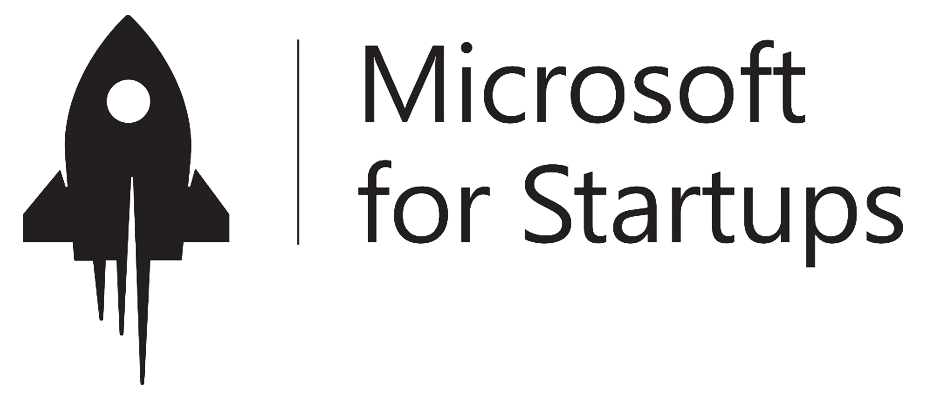17 Jun

All about the DACI model
The DACI model enables cost-effective group decision making. By using this method, you facilitate team decision making.
Keep in mind, however, that the decision taken can only be implemented if everyone understands and accepts it. Even if it is taken in a small committee, remember to discuss the subject with the teams concerned.
Take everyone’s concerns into account, otherwise the various teams involved may turn their backs on you and hope that the decision taken will be a failure.
What does DACI mean?
D: Driver this is the person in charge of piloting the project. It is supposed to ensure that the project that is being set up will actually be implemented in the future.
A: Approver We are talking about the person who will make the final decision. It all depends on her.
C: Contributeurs Here, it is a community of experts contacted by the “Driver” to come and help if needed. Thanks to their expertise, on a given subject, they are able to enlighten the decision-maker at the time of his or her choice. They do not have the right to vote in this situation, but they do have a say. They are provided for information purposes only
I: Informer The aim here is to inform all those whose work will be affected by the decision taken. Here we must try to be clear and transparent with them so that they can best accept the change that is coming. They’re not decision-makers.
Do you need a DACI framework?
As before setting up anything, you have to ask yourself if you really need it. This way you avoid wasting time.
To know if you really need it, you need to consider the time frame and the number of employees impacted by the future decision. For example, a relocation issue may require a DACI framework. Conversely, the choice of keywords for articles does not require a DACI method.
How does it work?
The DACI method requires 4 steps.
Step 1 – Create a worksheet
As with all projects set up in a company, it is important to be able to follow the progress of the work. Therefore, we advise you to set up a worksheet, which can be used as a tracking sheet. This sheet should also be used to inform collaborators of the progress of the project. Always remember to keep other relevant members of the company informed.
If you use Cocoom, feel free to use the worksheet as a basis for writing your articles!
For your convenience, we have created a DACI template available in the Cocoom templates that you can fill out and export as a PDF. A preview of this sheet is downloadable in .pdf format just here.
👉 see all our models (Agile, OKR, Project Management)
Step 2 – Divide the roles
Who will be the driver?
Designate one person per decision here. This person will be responsible for the decision taken but will not be responsible for the project afterwards.
Who will be the approver ?
This person will be responsible for accepting or rejecting the decision.
Who will be the people to be kept informed?
Think of all the people whose work will be more or less affected by this decision. Keep them informed of the progress of the work so that they feel involved and safe.
Who will be the experts to consult?
Here, anyone who has knowledge about the decision can be added. It is important for the project and decision making that you have all the cards in your hand. Add as many people as you want, as long as they have expertise on the subject.
Also think about electing substitutes who will be able to replace the driver if it is not there! Ask yourself if there aren’t too many people in the loop, do you really need 45 experts?
Step 3 – Define your plan of attack
Think about all the information you need to gather for your decision to be accepted.
Your plan should have several parameters
- The deadline: Maximum date on which the decision will have to be taken.
- The context: reasons why you need this decision to be accepted.
- Follow-up where you’re at. Feel free to show the tracking sheet.
- References The experts you consulted, their opinion on the issue and all the research you did to make the decision. Show that you know everything about your subject.
- Alternative options rank the advantages and disadvantages, the risks, the costs, the human and technical efforts that will have to be made.
- Recommendations the opinion of the experts on the decision
- Frequently Asked Questions List all the questions you may be asked frequently on the subject. Anticipate as much as possible.
- References : a sort of bibliography on the subject with a small description that proves the relevance of the subject.
- Actions : everything that needs to be done as a result of the decision.
- The results Try to project yourself in order to give possible results following the decision.
Step 4 – Involve collaborators
Share the follow-up sheet with the teams involved and ask them for their feedback and suggestions.
If you feel the situation is stagnating, get the experts and the driver together. Thanks to a physical point, you will save time and avoid misunderstandings. The approver can also participate. This way, you can ask him what he thinks is wrong and improve your record if necessary. Ask them to talk about their concerns about the decision and what should be improved.
The DACI model can be time consuming but it allows you to ensure a positive response from all parties involved.





